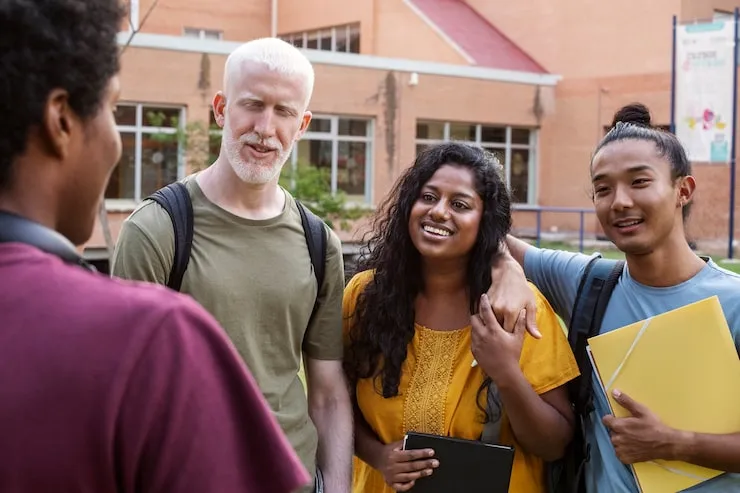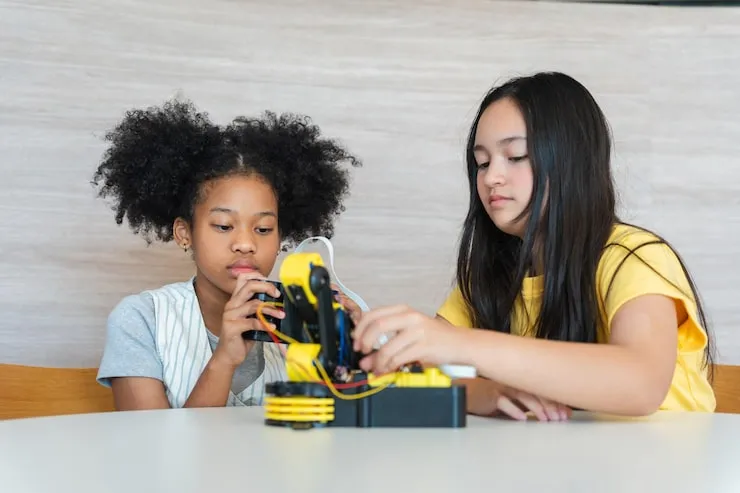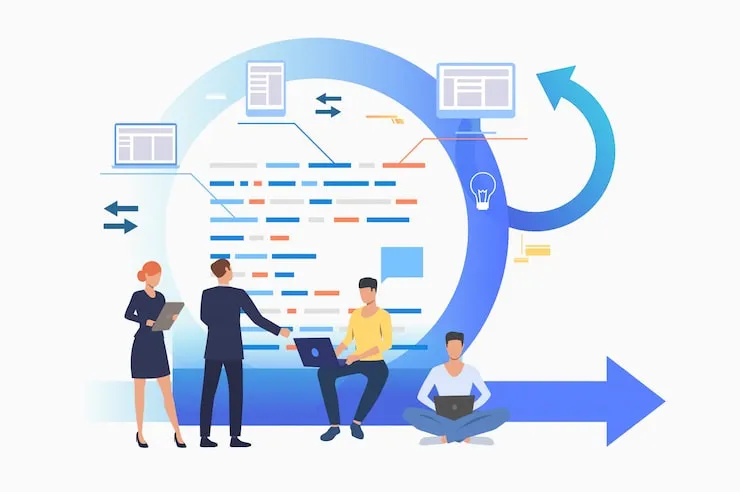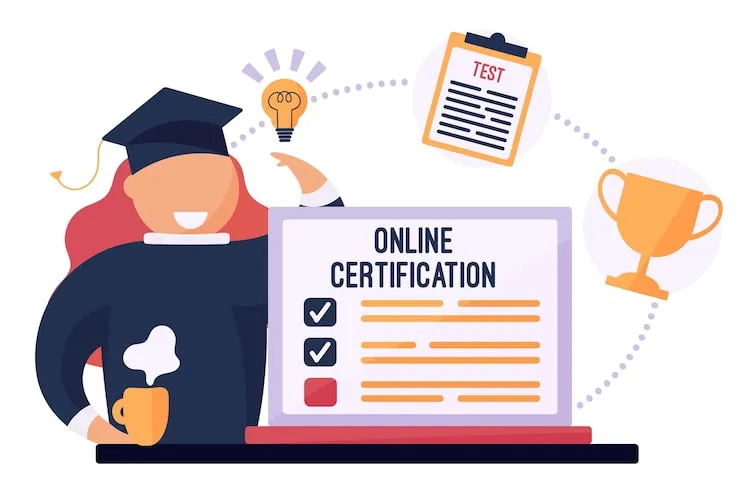If you’ve been hunting for community colleges in Florida with childhood education programs, you probably know there’s no shortage of choices. But having a list isn’t the same as knowing where you fit. Some schools offer night classes. Some run almost entirely online.Others place you right into a preschool classroom in your first semester. Your schedule, your learning style, and what you intend to do with your degree all influence the proper one.
Why a Community College Could Be the Wise Beginning?

A lot of people skip right to a university because they think it’s the “proper” path. But Florida’s community colleges are built for flexibility. They cost less, classes are smaller, and teachers usually have time to actually talk to you after class.
And the programs? Many line up directly with Florida’s standards for early educators. You’ll be working toward state-recognized credentials without even realizing you’re checking off boxes. That’s not just efficient, it’s practical.
Read Also: Highest Education System In The World 2025
Understanding Early Childhood Education Degree Requirements
Every program is slightly different, but most early childhood education degree Florida courses follow a similar structure:
- A base of child development and psychology classes.
- Curriculum design and teaching methods.
- Observation and practicum work in real classrooms.
- Core college requirements (English, math, maybe a social science or two).
- A background check before you work with kids.
It’s not busywork. These requirements exist so you’re ready for both the classroom and the responsibility that comes with working with young learners.
A Few Standout Schools
You can type community colleges in Florida with childhood education programs near me into Google and scroll for hours. To save you a bit of time:
- Miami Dade College – Broad program options and transfer pathways.
- Broward College – Degree plus certificate options for faster job entry.
- Tallahassee Community College – Balanced approach: theory and hands-on practice.
- Valencia College – Flexible class formats, good for working students.
- St. Petersburg College – Known for smooth credit transfers to four-year schools.
The best choice isn’t always the biggest name, sometimes it’s the one with a campus fifteen minutes from home.
Picking a Program That Fits You
Do you want to study mostly in person or combine online courses? Ask yourself. Does the school have transfer agreements with universities you like? Is there an advisor who actually answers emails?
It’s also worth visiting in person. Campuses feel different once you’ve walked the halls. You’ll know if it feels welcoming or not within ten minutes.
Early childhood education courses go beyond lecture halls at some community colleges. A visitor might stumble across a little, glass-walled observation room where kids softly view preschoolers at play. Small hands pour sand into buckets, blocks are arranged into precarious towers, and a teacher crouches to calm a minor argument about a toy.
Students take notes behind the glass, documenting actual examples of developmental phases covered in class. It's a scenario that converts abstract ideas into something concrete. Real-time life brings to bear theories of child development, classroom management techniques, and lesson planning methods.
For many students, these on-campus lab schools provide a safe environment to experiment, observe, and hone abilities prior to entering a job, therefore acting as the bridge between theory and practice. Among the most evident benefits of a curriculum combining formal academics with quick, applied experience is one of these.
What You’ll Actually Learn?
You’ll cover both the big-picture theory and the “this is what works on Monday morning” stuff. That could mean:
- How kids develop social and language skills.
- Strategies for keeping a group engaged without chaos.
- Planning activities for different learning levels.
- Working with children who have special needs.
This mix not only covers early childhood education degree requirements but also prepares you for the real-world surprises that come with teaching.
You May Also Like: Business Internships For High School Students
Built-In Certifications
Most Florida programs weave state training into coursework. This can include the 40-hour Department of Children and Families (DCF) training or the Florida Child Care Professional Credential (FCCPC). You would have already met the checkpoints, by the time you finish your associate degree.
Jobs You Can Land Afterward
Graduates of community colleges in Florida in this field often start as:
- Preschool teachers
- Teacher assistants
- Childcare center leads
- Head Start educators
Some head straight into work. Others transfer to a university for a bachelor’s and aim for K–3 teaching positions.
Why Fieldwork Is the Real Game Changer?
Reading about classroom management is one thing. Trying to keep a dozen preschoolers engaged after snack time is… something else entirely. Your practicum hours put you in real classrooms, working alongside experienced teachers, learning what no textbook can cover like how to pivot mid-lesson when the fire alarm goes off.
If You Need Flexibility

Not everyone is ready to commit to a typical college schedule. Most of these programmes have hybrid formats, which include lectures paired with in-person classroom projects.That might mean the difference between completing a degree or never starting for parents, caregivers, or individuals already employed full-time.
Early childhood education programs' flexibility is not only about nighttime classes or online lectures. Many community colleges create assignments that can be modified for a student's present environment, whether that be home, a volunteer capacity, or employment. For instance, a module for lesson planning might let pupils explore local daycare or library storytime experiments.
Through supervised community programs or even already available part-time jobs in childcare, observation criteria can usually be met. This approach eliminates the need to balance academic success against life duties. It guarantees that every task finished is set in a real-world context, hence enhancing the relevance of the work.
Including coursework into daily activities enables students to acquire abilities starting immediately that appear useful. They enter the workforce graduation not just with a degree but also with a collection of tried-and-true exercises, notes, and techniques already shown to be effective.
Making the Most of It
A few tips that work no matter which school you choose:
- Treat every practicum like a job interview. People remember who shows up prepared.
- Build a folder (physical or digital) of lesson plans, activities, and feedback it’ll come in handy during job hunts.
- Say yes to workshops and training that pop up, even if they’re optional.
- Talk to your instructors and they know the hiring landscape better than anyone.
Wrapping It Up
Starting at one of the "community colleges in Florida with childhood education programs" is often the wiser, quicker, and more reasonably priced path, not a move down from a university. You will have the confidence, credentials, and talents you need to enter a classroom and begin to change things.
You can decide on your next direction once you have that base. You can choose to continue a bachelor’s degree, run your childcare centre or go straight into teaching. The first step is always a quick drive or a few clicks away.













